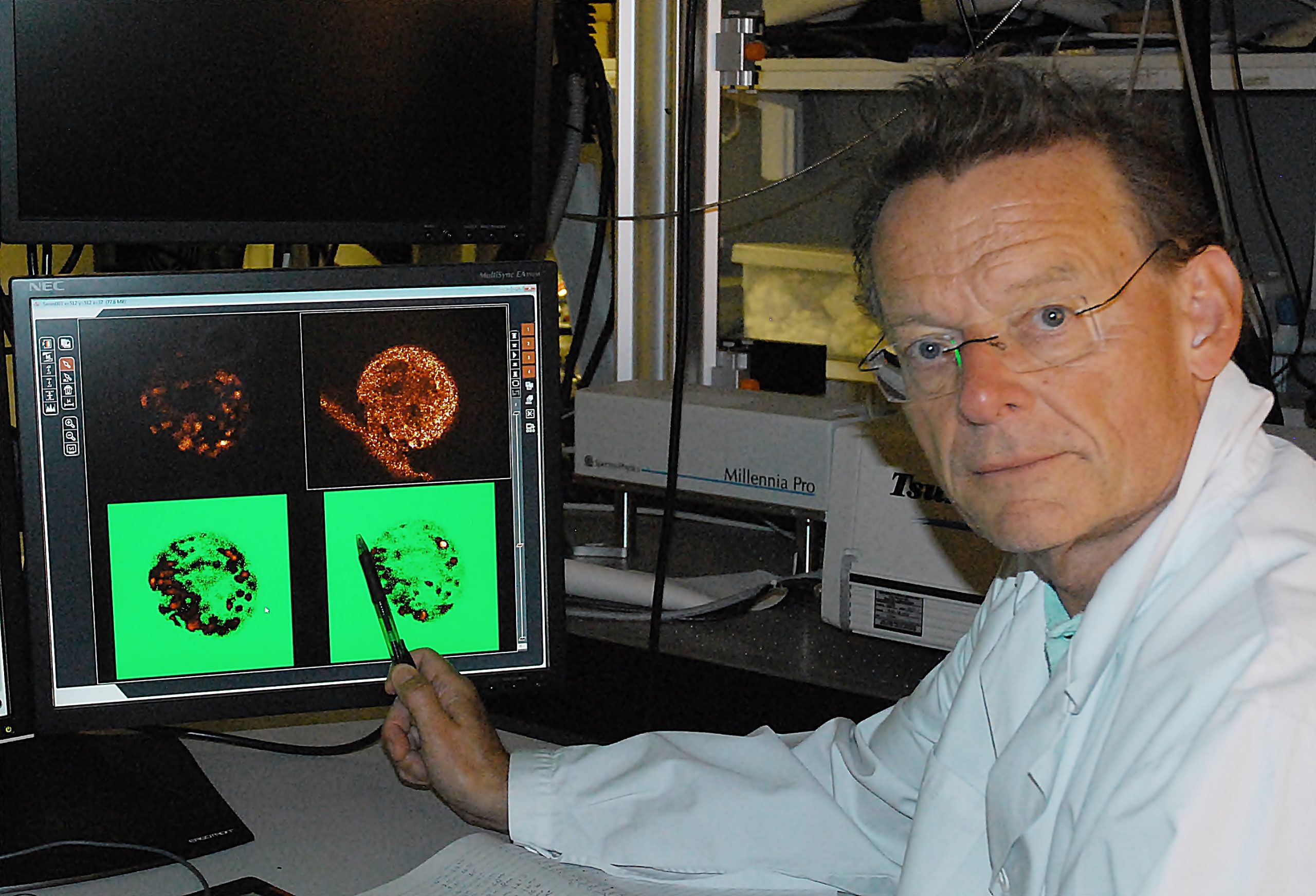Despite significant advances in diabetes treatment in recent times, no cure has yet been discovered. For people living with type 1 diabetes, whose pancreas has lost the ability to produce the vital hormone insulin, this means that a stringent insulin treatment regimen is essential to live. However, if successful, the work of Per-Olof Berggren and his colleagues could be life-changing for people with type 1 diabetes.
Building on extensive preclinical research, the Phase 1 trial is set to investigate the safety and potential efficacy of islet transplantation to the anterior eye chamber to restore insulin secretion to maintain normal glucose levels.
The islets, also known as the islets of Langerhans, are located inside the pancreas. They consist of small islands, or islets, of cells, that produce hormones that regulate blood glucose levels and other functions.
The method has potential to either fully replace or supplement exogenous insulin treatment to avoid frequent and severe hypoglycaemia.
Successful results in mice and monkeys
The procedure was initially part of a research project in which Per-Olof Berggren and his team studied the beta-cell producing islets implanted to the eye using the eye “reversely” as a tool to observe the cells at high resolution.
The team then discovered that the implanted islets would start functioning the same way as they would in their original environment in the pancreas. “After the procedure was performed in a mouse with diabetes, it suddenly didn’t have diabetes anymore,” Per-Olof Berggren explains.
“Now, after studies in monkeys, mice and in one person, the grant from the Novo Nordisk Foundation will pave the way for us to test the procedure involving five more people, before – hopefully – studying the procedure at an even larger scale,” Per-Olof Berggren says.
The Phase 1 study will include people who are legally blind, but if the study demonstrates that the procedure is adequately safe and efficacious, the next study will include people with type 1 diabetes with intact eyesight.
Major impact potential
According to Martin Ridderstråle, Senior Vice President and Chief Medical Officer, Clinical Science, Novo Nordisk Foundation, the grant goes well hand in hand with the Foundation’s ambition to support leading breakthrough research within the field of diabetes.
“This project is of a translational nature with already obtained proof of concept in two animal species. If successful, it could have a major impact on the treatment of people with type 1 diabetes, initially for those with difficulties regulating blood glucose levels with current medication and technology. Potentially, this may in fact also apply to people with insulin-dependent type 2 diabetes,” he says.
The Phase 1 trial has been approved by the United States Food and Drug Administration (FDA) and by the Institutional Review Board of the University of Miami, where the trial will take place. The pool of eligible participants is now being identified, and the trial is expected to begin in autumn 2021.
Further information
Marie-Louise Jersin, Senior Communications Partner, +45 3049 4957, [email protected]








